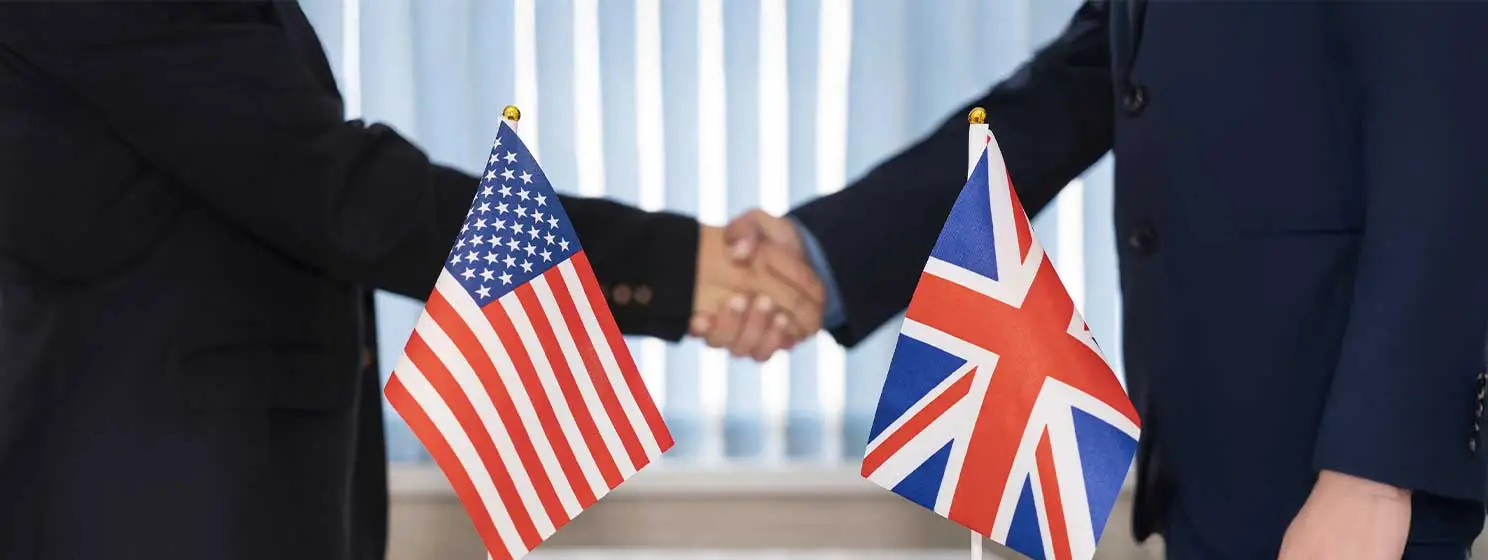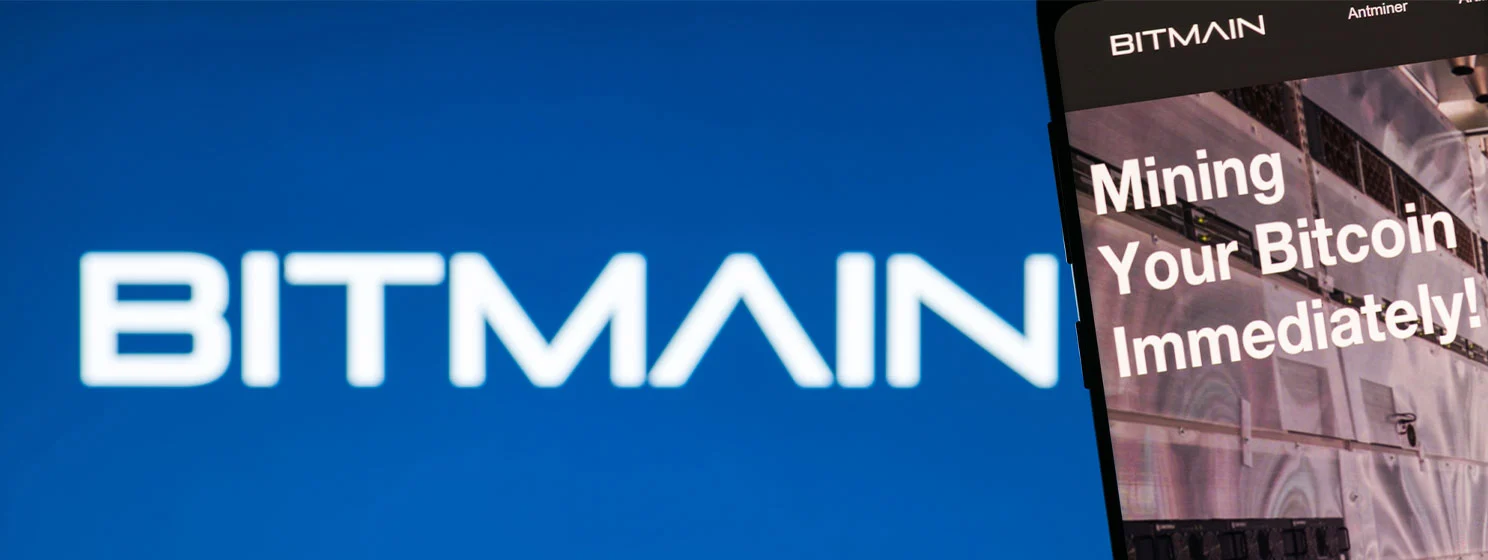|
Getting your Trinity Audio player ready...
|
Scott Snaith, CEO of Leicestershire-based e-bike specialist 50cycles, is warning customers in the United Kingdom against using high street banks after he says his bank accounts—two personal and one business accounts—with HSBC and Barclays have been blocked.
Snaith was quoted by media outlets saying his accounts were blocked earlier in August due to “financial discrimination.” According to the businessman, several hours after trading BTC for cash on a peer-to-peer trading platform, he found he could no longer access his HSBC and Barclays accounts. This is despite the five-figure transactions he carried out were “entirely transparent and above board,” Snaith said, noting that the people he traded crypto with were also UK bank account holders with verified IDs.
Snaith claimed that his complaint wasn’t attended to and a “senior fraud advisor” closed his complaint, forcing him to take the issue to the Financial Ombudsman for appeal. The frozen accounts put a strain on the business of the e-bike retailer who couldn’t pay his staff and suppliers.
After the complaint, Snaith said HSBC re-opened his account, but Barclays has yet to do so.
The experience has been quite unpleasant for Snaith, who vowed never to bank with Barclays again. He is also warning other business owners against using high street banks, saying the message the frozen accounts sends is that “your funds are not yours.”
Snaith’s 50cycles company recently entered the cryptocurrency mining race with a new e-bike that lets its user earn cryptocurrency per miles ridden. The company’s new series of e-bike, called Toba, is able to mine cryptocurrencies for every mile paddled. Snaith said he trades cryptocurrency as part of his research for his e-bike product.
Snaith, however, is not the only one affected by frozen bank accounts. London Block Exchange founder and CEO Benjamin Dives said “it is unfortunately commonplace for banks to freeze accounts” of crypto traders who use platforms with non-UK onshore banking accounts.
While this might seem a commonplace event, Andrew Hagger, a personal finance adviser, tells crypto holders to speak to their banks first and ask if there is a specific rule or transaction limit before trading crypto.
“It may also be worth keeping your crypto trading monies in a totally separate bank so if the account is frozen for any reason it doesn’t impact your day to day finances,” Hagger told I News.

 09-16-2025
09-16-2025 





